with information from AP, TC Television & Social Media
While many applauded the lockdown and special measures intended to safeguard civilians, others, such as yours truly, expected a fierce counter response from armed groups.
Case in point, AP news reported a few minutes ago that armed men broke into a public television channel in Guayaquil. Simultaneously, the University of Guayaquil has become subject of a hostage situation and overall violent takeover. On social media, one could attest Spanish speaking accounts noting the situation throughout the country in what has been a decline in safety since the arrival of more powerful gangs and drug trafficking organizations from Colombia, Venezuela and Mexico who provide financing and crucial logistical support for black market activities.
On the ground testimony asserts that the attack was generalized to the city of Guayaquil, Ecuador. In various public spaces, criminal bandits sought to foment chaos and fired live rounds into the air.

Per AP: Armed men have broken into the set of a public television channel in Ecuador as it broadcast live and threatened people as the country reels from a series of attacks after the government imposed a state of emergency in the wake of the apparent escape of a powerful gang leader from prison.”
Men with their faces covered entered the set of the TC Television network in the port city of Guayaquil and shouted that they had bombs. Noises similar to gunshots could be heard in the background.
The channel broadcast live for at least 15 minutes before the signal was cut off. While the transmission was on, the men could be seen on camera while some employees laid down on the floor and someone was heard yelling “Don’t shoot!”
In jail settings, inmates have overpowered guard and in some cases there is rumors and social media posts confirming that the individuals are being executed.
Los Choneros
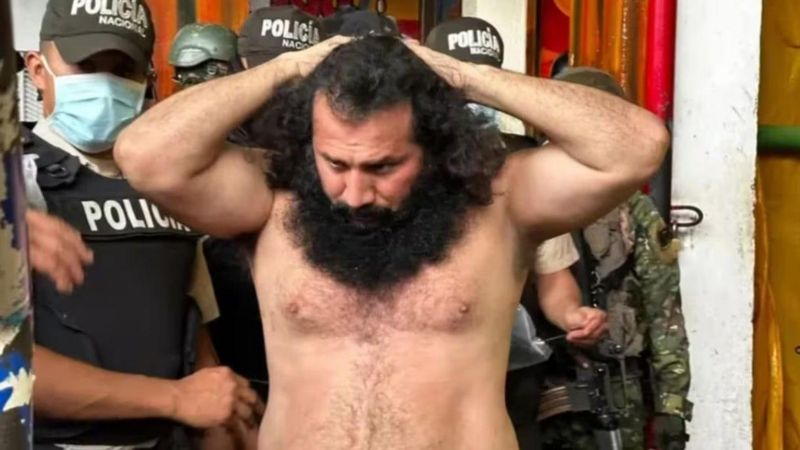
Ecuadorian authorities reported Sunday that Adolfo Macías, alias “Fito” and the leader of Los Choneros gang, wasn’t in his cell in a low security prison. He was scheduled to be transferred to a maximum security facility that day.
Prosecutors opened an investigation and charged two guards in connection with the alleged escape, but neither the police, the corrections system, nor the federal government confirmed whether Macías fled the facility or might be hiding in it.
In February 2013, he escaped from a maximum security facility but was recaptured weeks later.
On Monday, President Daniel Noboa decreed a national state of emergency for 60 days, allowing the authorities to suspend rights and mobilize the military in places like prisons. The government also imposed a curfew from 11 p.m. to 5 a.m. starting Monday night.
Noboa said in a message on Instagram that he wouldn’t stop until he “brings back peace to all Ecuadorians,” and that his government had decided to confront crime.
States of emergency were widely used by Noboa’s predecessor, Guillermo Lasso, as a way to confront the wave of violence that has affected the country.
The wave of attacks began a few hours after Noboa’s announcement.
Macías, who was convicted of drug trafficking, murder and organized crime, was serving a 34-year sentence in La Regional prison in the port of Guayaquil.

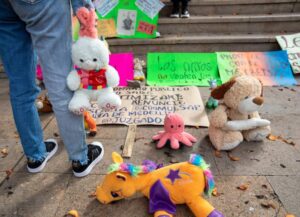

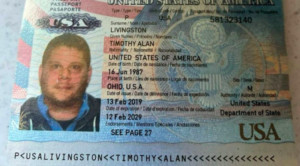
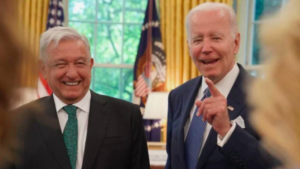


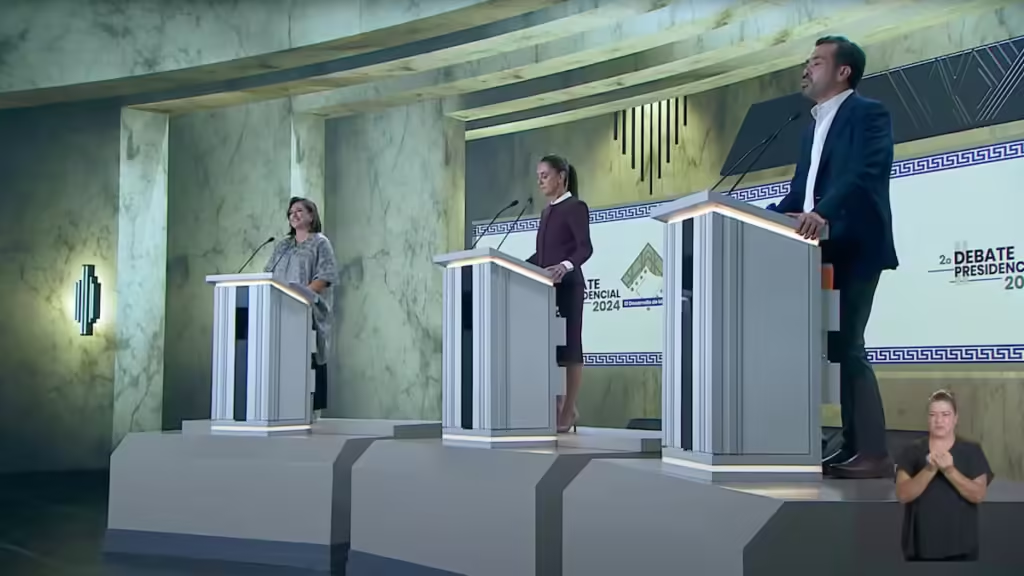
1 thought on “Ecuadorian Gangs Break Into Live TV Studio In Ecuador After Federal Government Imposes Lockdown; University of Guayaquil Taken Over”